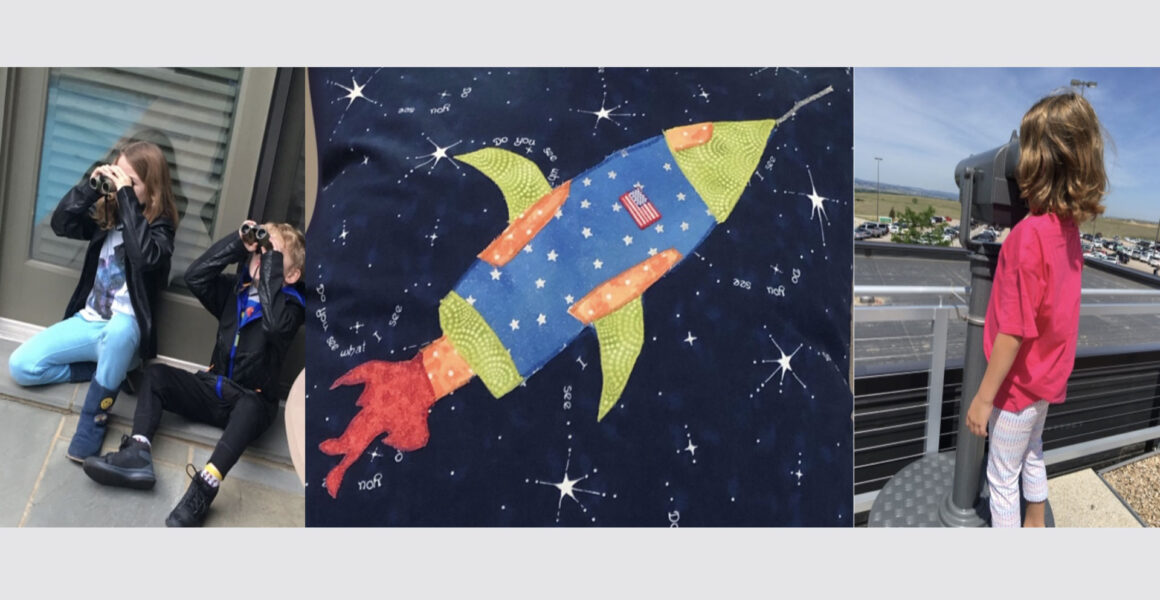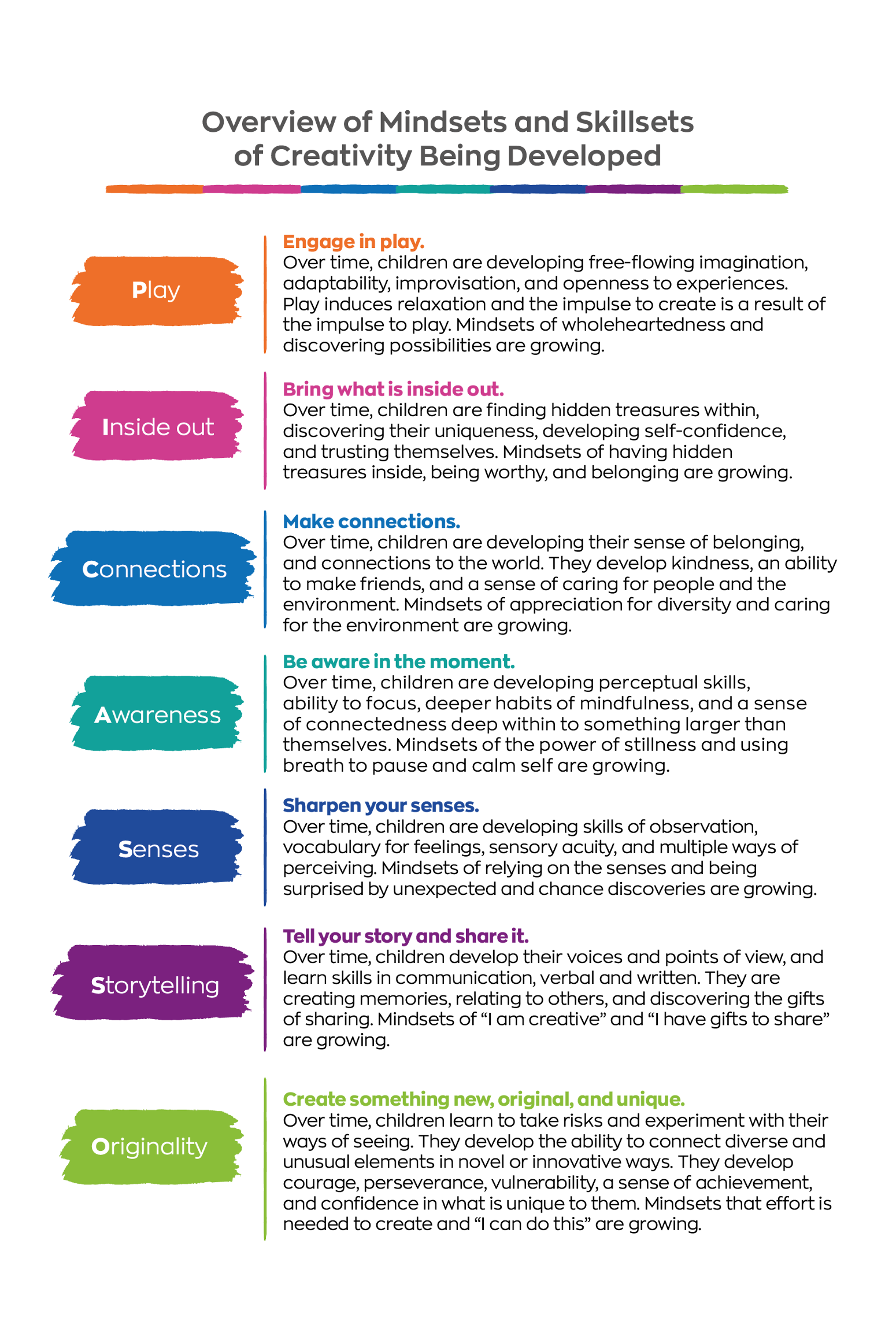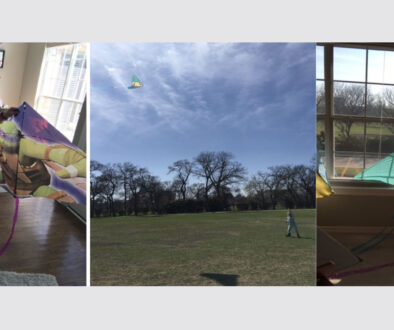Do You See What I See?

One of the bigger events in April in North America is the total eclipse on April 8. It has been heralded as a once in a lifetime event. The eclipse takes several hours and the actual total eclipse just a few minutes. Do those facts pique your curiosity, or your children’s, to find out why? Do you want to experience it? Will you gather with friends, family, and strangers for viewing parties? Media has more than taken care of promoting interest and preparing us for this event. Some retailers are even capitalizing on the needed viewing glasses in creative ways. I’m suggesting it is a great opportunity to continue the trek into outer space by creating curiosity after the event.
Curiosity is an indispensable factor in creativity. Within the PICASSO seven framework we already know “play” ignites curiosity. We know bringing what is “inside out” can help us tune into curiosity as well as inspiration, intuition, etc. To intentionally cultivate curiosity is actually fairly easy. Parents, grandparents, and other champions of creativity can prepare thoughtful questions. Yes, it is that simple. Plan for and ask questions, intentionally.
If the eclipse created interest, in the weeks and months following it, prepare questions about suns, moons, planets, orbits, and galaxies. Ask them and help children explore answers. Summer might be a good time to invest in a telescope to view the night sky, or binoculars to play with during the day. Work with children to use a sketchpad to make notes and drawings as they study the shapes and movement of the sun, moon, and stars. Here are a few questions. They depend on the ages and interests of children. If these are too simple, go deeper. There are many more to ask and seek answers to. Have children ask their own questions and explore them together.
- What is the sun made of?
- How old is the sun?
- How far away is the sun?
- Does the moon make its own light, like the sun?
- How many planets are there in the solar system?
- What planet is closest to the sun?
- Why is called the solar system?
Growing mindsets and skillsets of creativity
Curiosity is an important mindset and skillset to develop. It comes naturally as a toddler and young child yet may be lost as one gets older. Below are the PICASSO seven practices I describe in My Macaroni Sing, Your Guide to Cultivating Creativity. In the table, I describe specific mindsets and skillsets that are being developed over time. Key to all seven is creating curiosity. Have fun exploring ways to intentionally build muscles of curiosity in children by creating an array of questions for all seven practices—before, during and after a creative experience. You will likely find your curiosity growing as well.





